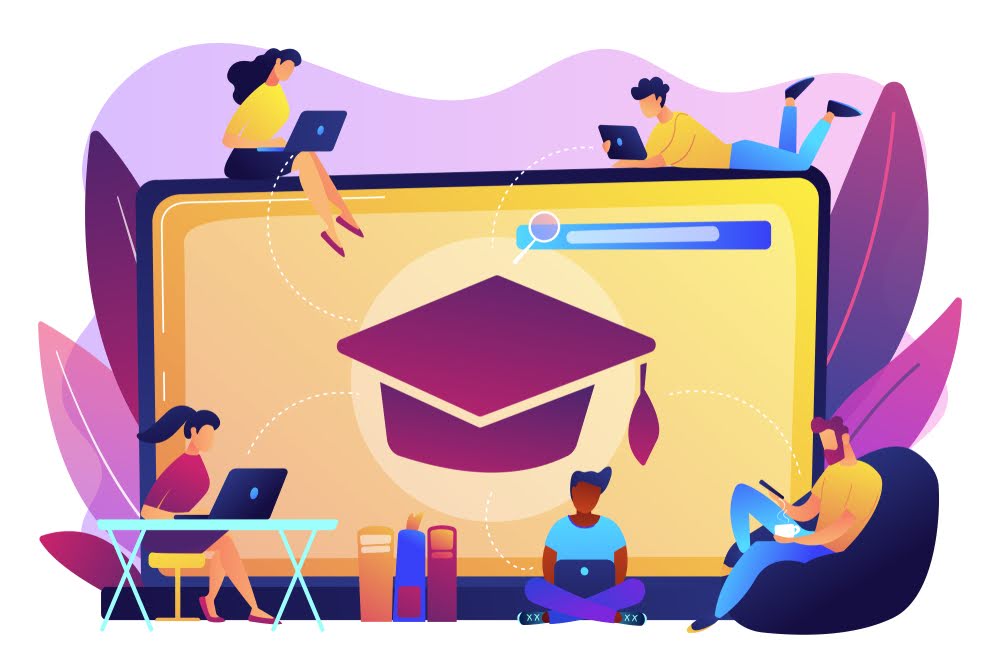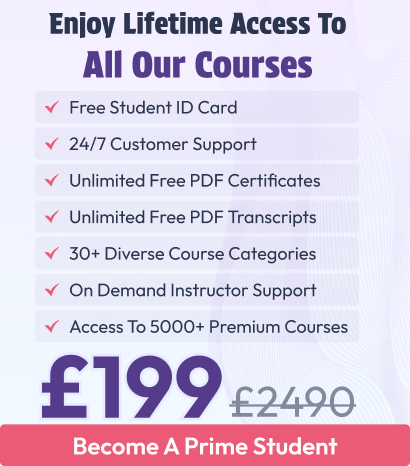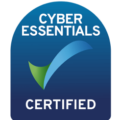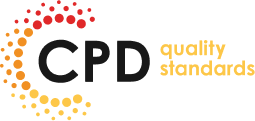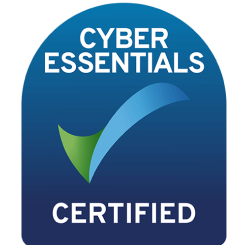When taking online classes, time management is essential. Establishing and adhering to a schedule that works for you is crucial. You may stay organised and on schedule with your coursework by doing this.
Decide how much time you can spend studying each day or each week before you start to make a program Be sure to consider other obligations, such as work or family duties. Make a schedule that includes specific study times once you know your available time. Have clear objectives for what you want to achieve throughout each study session.
Effective time management also requires maintaining organisation and avoiding distractions. Avoid interruptions like social media, television, and other disturbances by finding a peaceful study area. To assist you in remaining focused and organised, think about adopting productivity tools like timers, task lists, or productivity apps.
It can be difficult to stay motivated during the course, but a few tactics can assist. First, establish reasonable objectives for yourself and acknowledge your accomplishments as you go. To share your experiences and maintain motivation, connect with other students in the course or online groups. Finally, remind yourself again of the advantages of finishing the course and how it fits your personal and professional objectives.
Efficient time management is essential for a positive online learning environment. You can position yourself for success and meet your learning goals by making a timetable, keeping yourself organised, avoiding distractions, and remaining motivated throughout the course.


![]() 12 minutes
12 minutes


